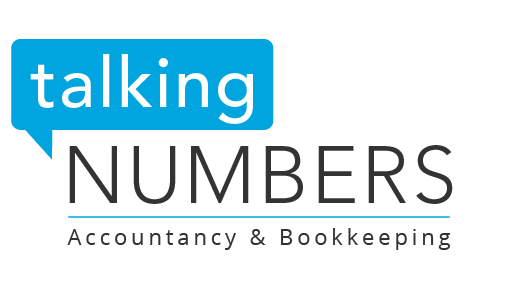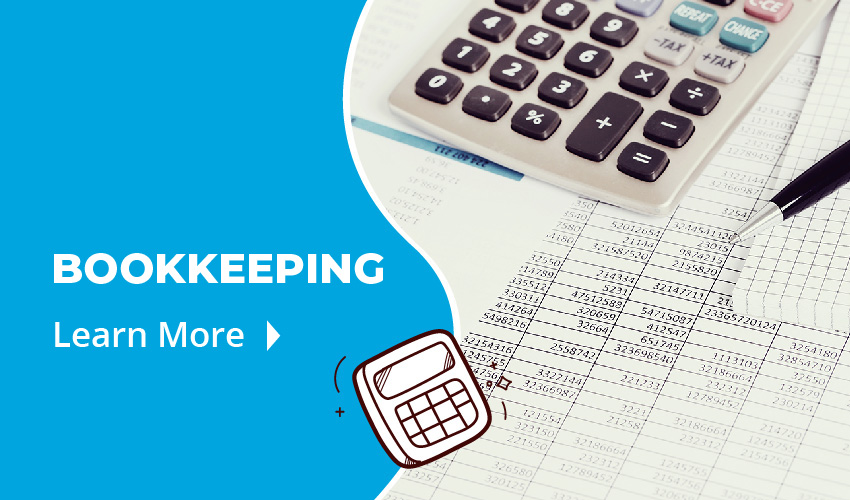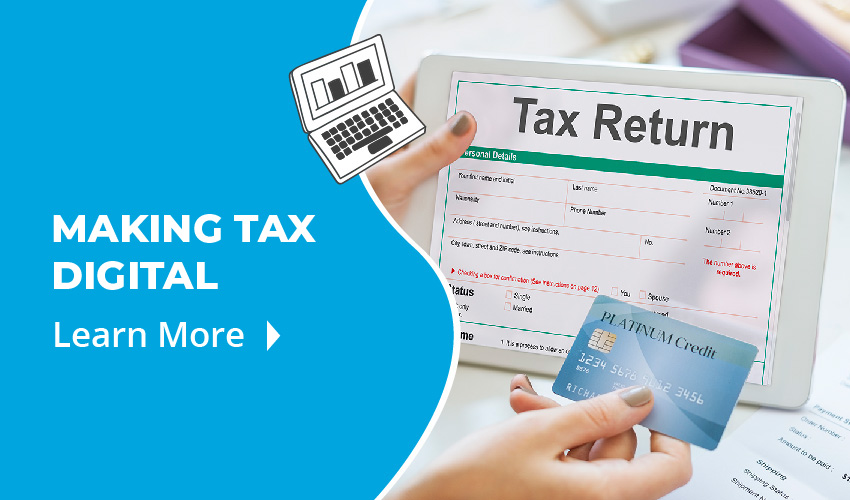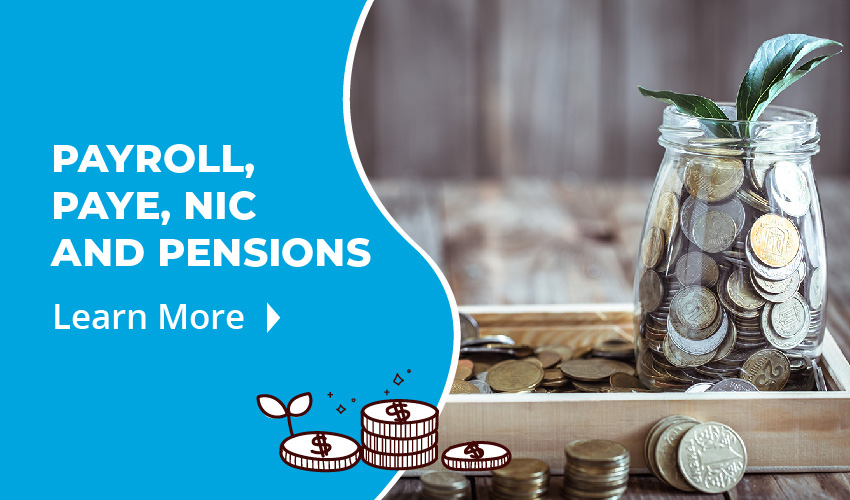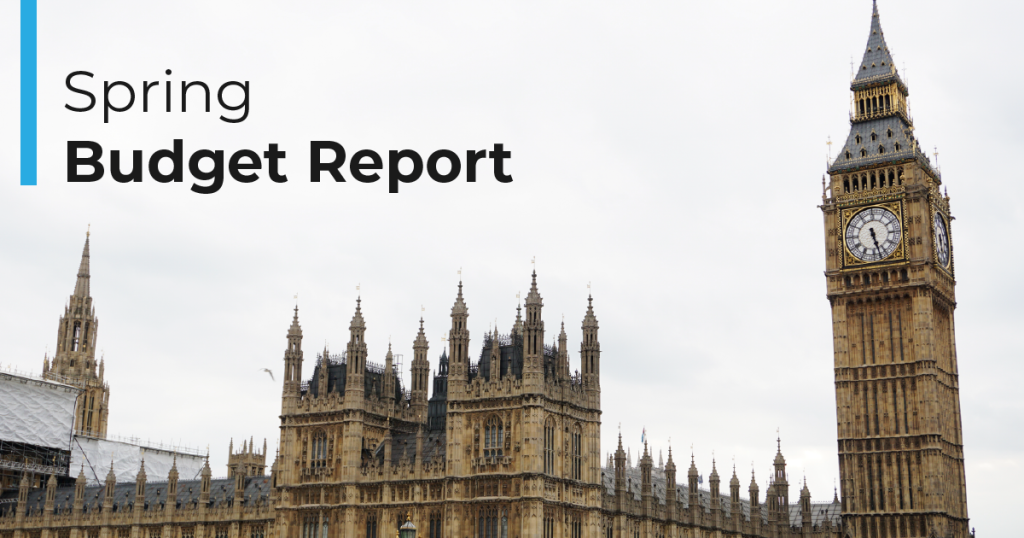
The UK Chancellor, Jeremy Hunt, delivered his budget speech in the Commons today. The budget did not deliver any major surprises, and mostly confirmed measures that were already announced in the Autumn Statement last October. We’ve broken down some of his key announcements and how they might affect you and your business.
Income Tax and National Insurance
The Chancellor did not make any new announcements about income tax. He confirmed that, as announced in the October statement, the Personal Allowance – the amount that you can earn before you start to pay tax – will be frozen at £12,570 until 2028. He also confirmed that there will be no changes to the previously announced rates and thresholds for National Insurance or company car benefit-in-kind rates.
The dividend allowance – an additional tax-free allowance for dividend income, which is currently £2,000 per year, will be reduced from £2000 to £1,000 for the year 2023-24 and to £500 for 2024-25.
The rates and bands for income tax in Scotland are set by the Scottish Government, which are expected to remain as announced by the Finance Secretary, John Swinney, on 15th December. The higher rate will increase for 2023-24 from 41% to 42% and the additional rate will increase from 46% to 47%.
Pensions
The main announcement of Mr Hunt’s statement is the increase of the lifetime allowance for pensions. This is the maximum amount that an individual can save in their pension pot in their lifetime without incurring a tax charge is called the lifetime allowance, and was previously from £1.07 million. This allowance has been abolished, which means that there is now no limit to the amount that can be saved in a private pension without incurring a tax charge. It is estimated that this will only impact 4% of the UK’s workforce.
The Chancellor also announced that the annual tax-free pension allowance will be increased from £40,000 to £60,000.This is the maximum amount that a person can contribute tax-free to their pension pot in one year without paying an additional tax charge.
Corporation Tax
The Chancellor confirmed that the Corporation Tax rise from 19% to 25% will go ahead for businesses with profits of over £50,000. Businesses whose profits are between £50,000 and £250,000 can claim “marginal relief”, which means that they will pay a rate of between 19% and 25%.
Other Taxes and Duties
There were no major changes announced to VAT, with confirmation that the VAT registration threshold will remain frozen at £85,000 until at least 31 March 2026. The annual exempt amount for Capital Gains will reduce from £12,300 to £6,000 in 2023-24 and to £3,000 in 2024-25 as previously announced.
Talking Numbers Accountancy and Bookkeeping can help you to understand what this means for you. Tax doesn’t need to be taxing – we can help you understand your numbers and ensure that you are taking advantage of all available reliefs and allowances. Get in touch today for a free, no-obligation consultation.
